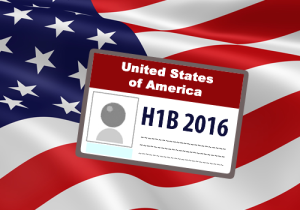Highlights from a Recent SCOPS Teleconference
Periodically, Service Center Operations Directorate has a teleconference or meeting with AILA to inquire upon important issues relating to USCIS petitions and applications. Here are some highlights from the teleconference with SCOPS earlier this month.
H-1B change of status and extension of status applications continue to take a frustratingly long time and there is little action on USCIS’ behalf to mitigate that problem. Their best advice is to file as early as possible.
If the petitioner files a Power of Attorney and includes it with the petition, the attorney can sign the forms for the petitioner on an employment-based petition.
Green Cards will not contain a hyphen. They will put a space instead, i.e. Smith Diaz instead of Smith-Diaz.
Both the Texas Service Centers and Nebraska Service Centers will follow Matter of H-V-P. This is an important AAO decision for National Interest Waiver cases.
USCIS confirmed that they adjudicate cases FIFO – First in First Out.
USCIS is actively processing U visa cases.
